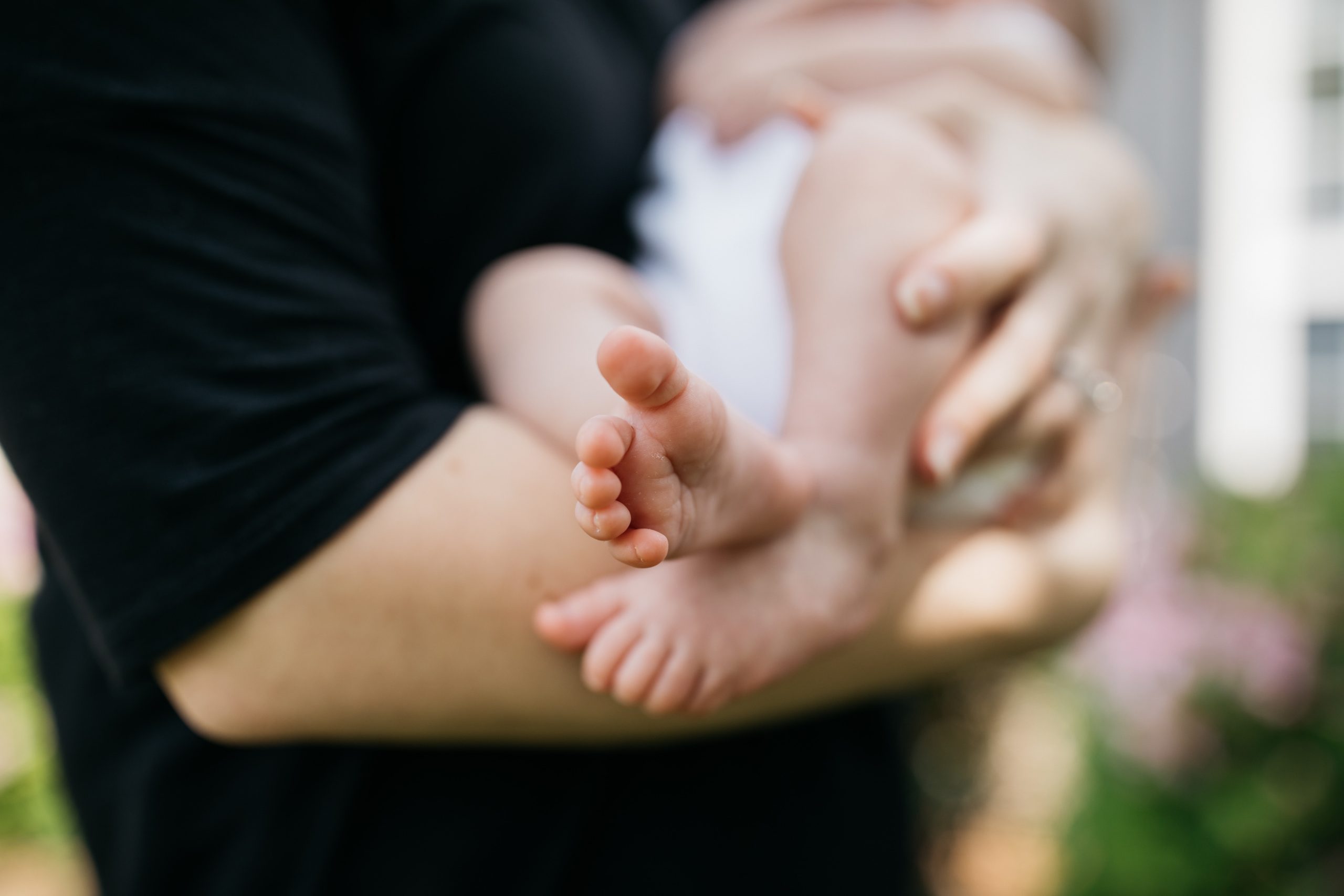
Lauren Dempsey, MS in Biomedicine and Law, RN, FISM News
[elfsight_social_share_buttons id=”1″]
A new study published this week in JAMA Pediatrics shows that small amounts of the mRNA COVID-19 vaccines are detectable in breast milk.
The study was carried out by doctors and researchers from NYU Langone Hospital–Long Island and NYU Long Island School of Medicine whose goal was to determine if mRNA vaccines travel to mammary glands and can be found in breast milk, acknowledging that this “vulnerable group” was excluded from the initial clinical trials.
The study included 11 healthy, breastfeeding women who had been vaccinated within 6 months after delivery. Out of this group, 5 women had received the Moderna mRNA-1273 vaccine and 6 had received the Pfizer-BioNTech BNT162b2 vaccine. Participants collected and froze breast milk samples before vaccination to establish a baseline and then collected for 5 days after vaccination.
The team collected a total of 131 samples, out of these samples, they found that “trace amounts of BNT162b2 and mRNA-1273 COVID-19 mRNA vaccines were detected in seven samples from five different participants at various times up to 45 hours post-vaccination.” mRNA vaccines were found in the breast milk of 45% of participants.
The team of researchers wrote that they “speculate that, following the vaccine administration, lipid nanoparticles containing the vaccine mRNA are carried to mammary glands via hematogenous and/or lymphatic routes.”
However, previous research of the Moderna vaccine showed that after vaccination, for up to three days, rats had low vaccine mRNA levels detected in the heart, lung, testis, and brain tissues, indicating that the vaccine did not simply stay in the muscle of the arm, but was distributed throughout the body.
The data from the study implies that the safety of vaccination while lactating is questionable, yet the researchers continued to recommend that breastfeeding women get vaccinated, citing CDC recommendations. They also acknowledge that “caution is warranted about breastfeeding children younger than 6 months in the first 48 hours after maternal vaccination until more safety studies are conducted.”
However, they fail to provide any follow-up recommendations or considerations other than the “critical” need for “lactating individuals be included in future vaccination trials to better evaluate the effect of mRNA vaccines on lactation outcomes.”
The study also “did not test the possible cumulative vaccine mRNA exposure after frequent breastfeeding in infants” or “the potential interference of COVID-19 vaccine mRNA with the immune response to multiple routine vaccines given to infants during the first six months of age needs to be considered.”
Although pregnant and lactating women were not included in the clinical trials for COVID-19 vaccines, health agencies and experts guaranteed that vaccines were completely safe and effective. Vaccines were routinely pushed on pregnant women with physicians claiming that there were no side effects and that the benefits of vaccination would cross the placenta and provide immunity to the baby.
Many of the studies that have been done post-authorization have assessed the side effects of maternal vaccination in breastfeeding women, but have failed to evaluate infant outcomes. The CDC admits that there is limited data on safety, effects of vaccination on the breastfed baby, and effects on milk production or excretion.
